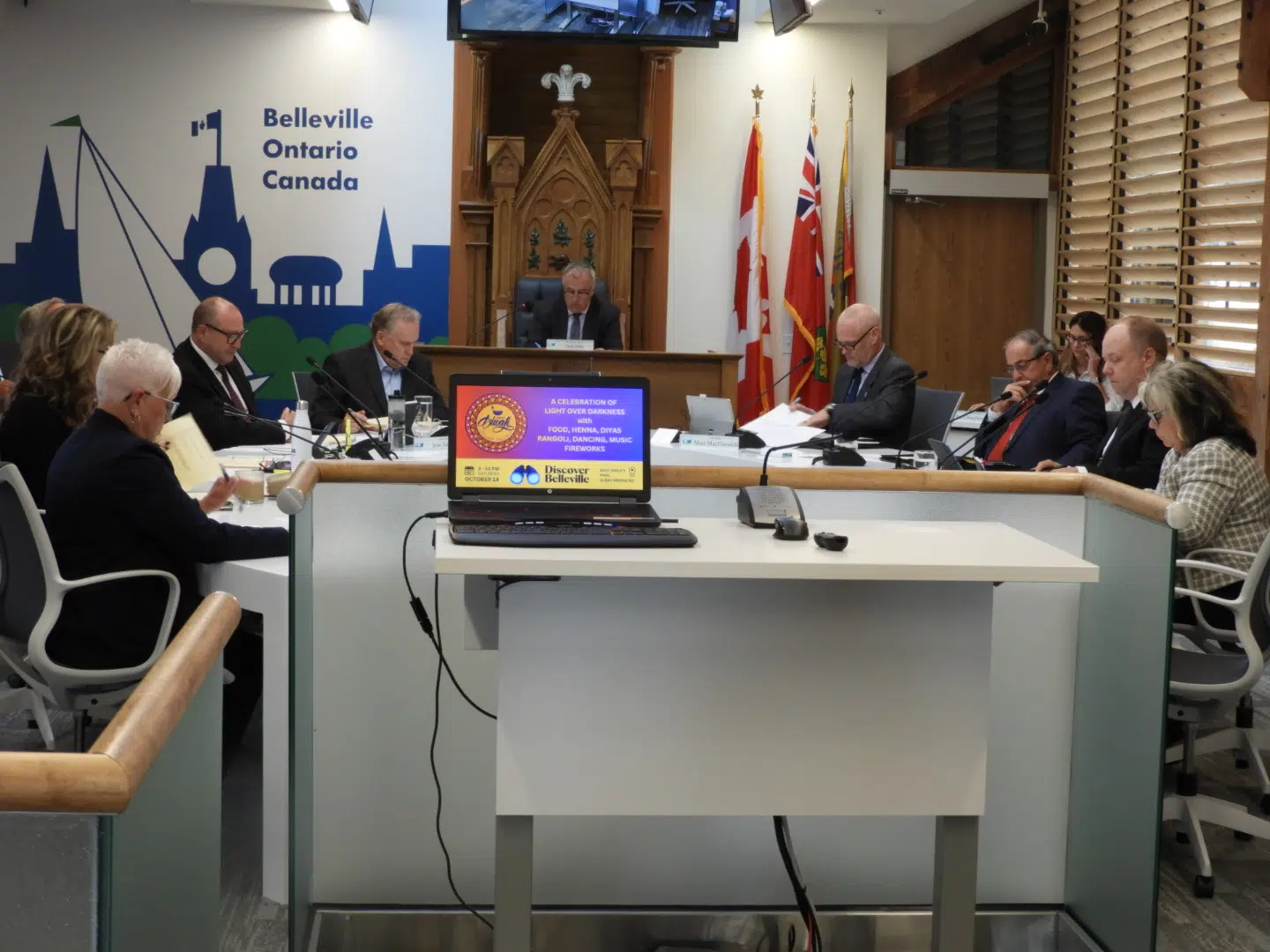No one on council is in favor of so-called strong mayor powers but most on council do not want to miss out on a potential $2.4 million payout from the province to pave the way for the construction of new housing.
Strong mayor powers include allowing mayors to propose housing-related by-laws and pass them with the support of one-third of councillors, as well as override council approval of certain by-laws and prepare their city’s budget, instead of council.
After an almost 90-minute discussion Monday, council voted 6 – 2 on a Paul Carr motion to oppose the intent of the strong mayor legislation because it was undemocratic, but did give Mayor Neil Ellis the go-ahead to sign an agreement with the provincial government by October 15 that would see the city receive $2.4 million in funding if it meets a housing target of 3,100 new units by 2031.
Mayor Ellis does not want the strong mayor powers but found himself in a tough spot.
“By supporting the motion and then taking the powers because I do think we do need the money and we’re going to meet the targets I think that makes me hypocritical so I cannot support the motion (to oppose the powers) because of that fact.”
In making the motion opposing the intent of strong mayor powers, Councillor Paul Carr said it effectively made elected councillors unnecessary leading to problems on council that should be solved by dialogue.
He also clearly admitted that municipalities are subordinate to the provincial government and had no power to reverse or reject the powers if the mayor decided to accept them.
“But it’s important that we at least express our displeasure with legislation that flies in the face of democracy.”
The decision to use strong mayor powers lies with the mayor. Forty-nine municipalities in the province have been offered the powers.
Council learned that the City of Kingston also expressed opposition to the strong mayor legislation but ultimately signed off on it.
City staff said the mayor of Kingston had already used some of the strong mayor powers on four occasions.
Meanwhile, meeting the housing target of 3,100 new units by 2031 in order to receive $2.4 million was also a matter of discussion.
Staff believed a “housing start” meant a building permit had been issued, not that construction had already begun but the province hasn’t been clear on what a “housing start” actually means.
In another Paul Carr motion, council voted to advise the province to separate the responsibilities of the municipality and the builders.
” … is that we get measured on what we produce. What we produce is approvals so all we’re saying is if we get to a position where we’re approving things than that is what we should be measured on and then the private sector needs to be measured on their own activities.”
Carr pointed out a few examples of where building permits for housing developments had been issued some time ago but that there had yet to be any action taken by developers.
Carr also said senior levels of government need to start investing heavily on affordable housing, noting the private sector would only build when market conditions were profitable, leaving a serious and growing homeless problem in communities throughout the province.
City staff expressed confidence that the housing start target of 3,100 new units by 2031 could be met. To receive any funding from the province the municipality has to at least meet 80% of its annual housing target. There are bonuses for exceeding the target.
Councillor Chris Malette called the entire strong mayor and financial incentive package a “greasy bribe” where the province could blame municipalities for not hitting housing targets if builders decided to hold off on construction because of market conditions.
Councillor Sean Kelly stressed the need for truly affordable housing saying the market had priced too many people and families into financial peril.






